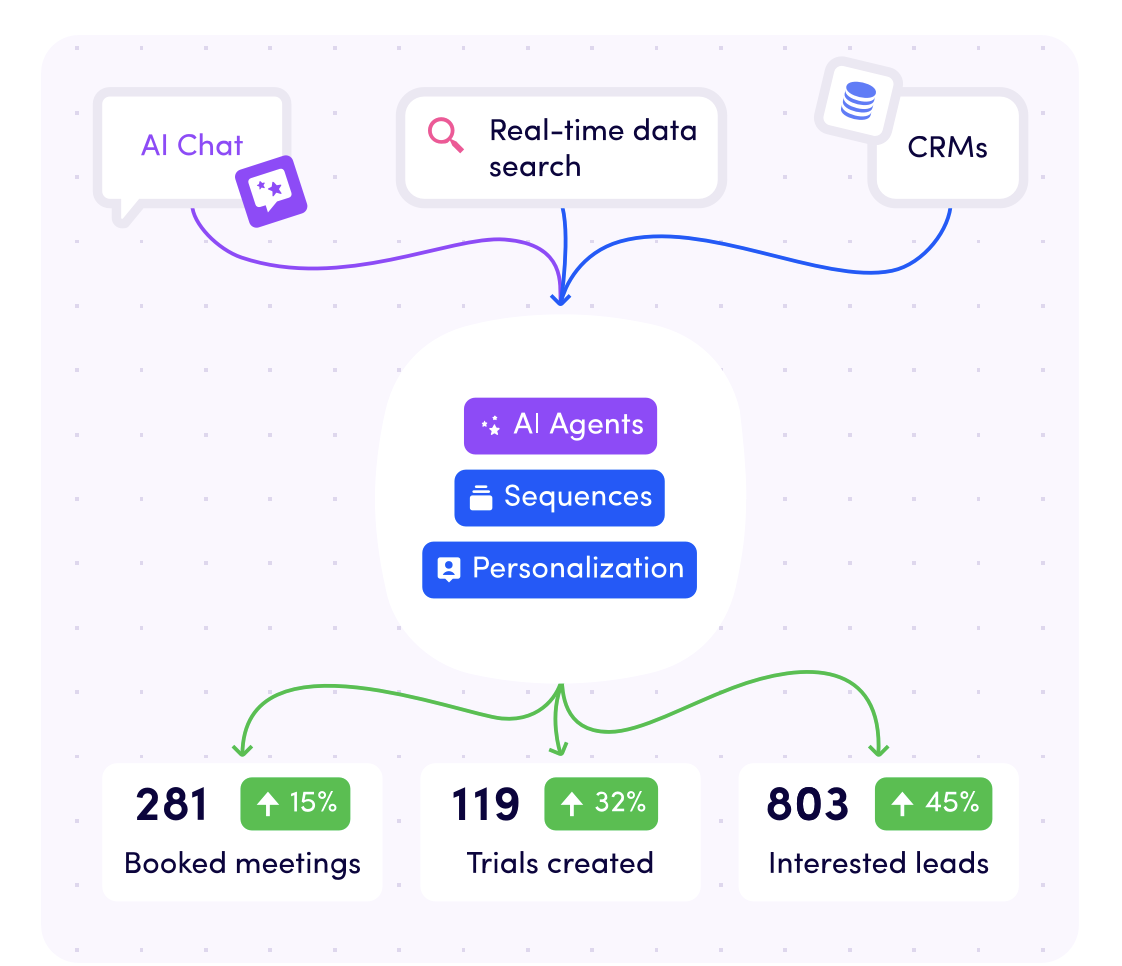Project management is a challenging yet rewarding career. If you’re the sort of person who loves a good plan, getting the best out of people and delivering exceptional results that put gleaming smiles on the faces of clients and stakeholders - then training as a professional would be a worthwhile investment.
If you’re unsure how to get started in project management, we've got you covered.
In this introduction to project management, we’ll list some of the best ways to gain training in this field and help break into this highly sought-after field.
Before we get to that, let’s recap the basics of what project management is, and who a project manager is.
What is Project Management?
Project management is the use of skills, tools and techniques to deliver something of value to a client.
There are multiple examples, such as constructing a new building, developing software, implementing a new healthcare service, or running a marketing campaign.
Who is a Project Manager?
Project managers are responsible for the planning, allocation of resources (including personnel, budgets and tools), development, delegation, communication between stakeholders and clients, and the execution of projects.
They oversee this process from start to finish and use project management frameworks to manage each stage of the complex project lifecycle.
The Best Ways to Get Project Management Training
There are various methods to gain experience in project management, ranging from certified training courses, including a dedicated project management training course, to self-learning through blogs and webinars.
We will explore some of the most common ways to help you start a career in this field.
1. Flaunt your soft skills

Although you may not be in a position to showcase hard experience at a project management level, hiring managers will still look for certain qualities that can be fine-tuned in lateral roles.
Coupled with the appropriate training, these can turn you into a successful project manager!
Here are the soft skills you’ll want to prioritise in the business sector:
1. Organisation: Project managers have a lot to manage at the same time which makes organisational skills a key component.
You’ll need to have a knack for planning, including how to allocate resources like budgets, costs, set deadlines and select individuals with the appropriate skill sets.
Attention to detail is a must when managing several moving parts whilst ensuring that agile projects run smoothly and on time.
2. Communication: A single project requires you to speak with several parties to get it off the ground and to keep it going.
To have a successful execution, it is necessary to obtain support from stakeholders.
Constant communication & collaboration with clients is crucial at each phase of the project.
Team members need clear instructions, regular check-ins, and ongoing motivation throughout the project!
Our very own head of project management is known for her famous Growth Tribe quote
"Let's schedule a check-in 😉"
And to not forget about, the old and famous - leadership!
But first, check out this video our CEO & Co-founder David Arnoux recorded on Digital Leadership. 👇
3. Leadership: Procuring the right resources and selecting the right project team is vital to succeed, but when it comes down to executing, the result is largely in the hands of your team.
This is where your leadership skills play a role. It’s your job to keep individuals motivated throughout whilst maintaining a sane and sensible working environment.
This involves hosting progress meetings, checking in on team members, gathering and giving feedback and galvanising interdepartmental communications.
Possessing these traits can open the door to roles that may not be elements of project management positions on paper but are aligned with it.
Be sure to tailor your resumé by focusing on these soft skills and professional development.
2. Find opportunities in your current role

It’s not uncommon for people to assume the responsibilities of project manager practitioners before officially being sworn in as one.
If you look around the office at your current job, see if you can identify opportunities to take on more responsibility and gain project management experience as a byproduct.
Next time tasks or assessments come up, ask if you can oversee part of the process at a higher level.
Whether that’s taking on client communications and feedback, or lending a hand in procurement, find ways to bolster your skills and show initiative.
3. Get a mentor

Project management is a demanding job, there’s no question about it.
25 million project managers are needed by 2030 ... 🤯
With hours of project management responsibilities, it can quickly turn optimism to overwhelm without knowing the right strategies to fall back on.
This is why finding a mentor is a great way to help learn the ropes of project management.
Mentors take the stress out of situations by imparting years of valuable, hard-earned experience.
Here are some common places to find project management mentors:
Chat Forums: Reddit, Quora and Meetup.com are great tools for finding experienced project managers covering a wide variety of related topics.
Mentor Programmes: The PMI (Project Management Institute) offers local mentorship chapters for your specific region where you can connect with fellow professionals and develop your knowledge.
Active or retired PMs: In an ideal world you would have an active project manager as a mentor, someone who you can speak to weekly and lean on for support, but finding one who has the capacity to take on a mentee can be tricky.
Retired project managers are another option as they’re now outside of the hectic day-to-day and more willing to carve time out to help.
Managers/Senior team members: If you can approach a senior member of staff at work and ask to be mentored, it’s probably the quickest way to start gathering experience.
Project management qualification is about organising teams and resources and making sure deliverables are met at a higher level, on time and on budget.
This is a set of criteria that virtually all managers share, so regardless of industry, there are lots of transferable skills to be learnt.
4. Get certified

The Project Management Professional Qualification certification from PMI is one of the most widely recognised certifications, however, it does come with a caveat of three years of experience.
This rules it out for beginners or entry-level professionals.
The good news is that there are stacks of courses that cater to learners just starting out (read our post on [The 7 Best Project Management Courses in the Netherlands]).
Earning a certification that you can display on your resumè is a good way to show your interest and commitment to the role and catch the attention of employers.
5. Learn on the go with podcasts

With over 383 million listeners, podcasts are very much one of the largest-consumed media.
Project management practitioners' techniques and knowledge areas are always growing and developing, which makes podcasts a great way to keep up to date and gain valuable insights from industry leaders.
Wrike published this handy post listing 9 Podcasts for Project Managers on the Go that’s worth checking out.
Notable mentions are:
6. Read project management books & blogs

Soaking up knowledge from some of the world’s most experienced project managers is made easy through a good book.
Here you can learn about the fundamentals and the more advanced aspects of successful tools and tricks.
Teamwork.com made a useful guide on 8 Project Management Books That Belong on Your Shelf. Some of our favourite picks would be:
Blogs are also a great source of learning with regular updates that are quicker to digest in short doses.
Read Ganttic.com’s guide on The Best Project Management Blogs of 2022. We’ve picked out these highlights:
7. Attend workshops and networking events

Attending a workshop, conference or networking event places you right in the action.
You’ll find senior project managers eager to share their insights alongside total beginners for a healthy mix of experience and intrigue.
These types of places are perfect for connecting with like-minded people who can broaden your network and your knowledge.
In-person events will vary depending on region but a couple of places to check would be:
Keep learning
A project management career is within your grasp!
If you’re new to this exciting field or want to sharpen your toolkit, these resources for training and improving your knowledge will help you reach those goals.
If you’re interested in learning more about the topic, have a look at our Project Management Career Certificate.
This course is designed for beginners looking to gain an understanding of the fundamentals and how to manage projects successfully.
Want to upgrade your Project Management Skills?
Look no further!
Get your projects on track. Equip yourself with the ultimate techniques and frameworks for effective project management.
Plan, execute, and monitor successful projects for maximum efficiency and cost-saving benefits.
So how can you learn more about Digital Marketing?
As a leading educational course provider, we created the most effective course you can find!
This comprehensive program will equip you and your team with the knowledge and skills needed to excel in project management roles!
👉 Check out our course here!

6 modules | 79 lessons | 25 videos | 6 tests | 6 exercises
- Module 1: Teams, methods and approaches
- Module 2: Project initiation, stakeholder management and strategy
- Module 3: Project planning and documentation
- Module 4: Project execution and leadership
- Module 5: Project monitor, control and communication
- Module 6: Project closure, teams and interpersonal skills
Learning with Growth Tribe couldn’t be easier.
All of our courses are designed to be flexible for the learner with self-paced content so you can manage your time and learning to suit your lifestyle best.
Get experience in project management with our online project management course!
Join a community of over 35,000 certified alumni with a range of degrees who share a passion for growing their skills and positively impacting their careers.





















